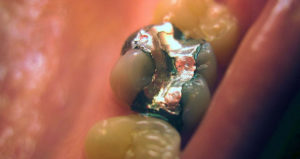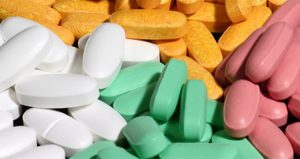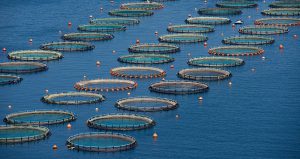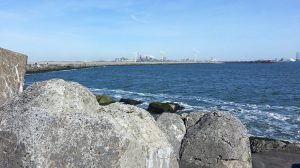Seine fit for the Olympic Games in Paris

-
 Editorial Team
Editorial Team
Share article:
Marathon swimmers in Paris may swim in the river Seine during the Olympic Games that will start the 26th of July. Over the last years many measurements have been taken to make the river clean enough to swim in. To prove that this goal has been reached French Sports Minister Amélie Oudéa-Castéra and Mayor Anne Hidalgo took a dip in the Seine in July.
The Parisian Mayor Hidalgo allocated 1.4 billion euros to clean up the Seine for the Olympics. The project included connecting all houseboats to the sewerage system. This also applies to the houses on the tiny island Île Fanac, a few kilometers upstream in the Marne River that joins the Seine on the east side of Paris. The island now has an ingenious construction with a vacuum pump that collects black and grey wastewater and directs it to the Paris sewerage system.
Improved water quality
The water quality of the Seine water has improved over the past thirty years. According to water company SIAAP the amount of different fish species increased over the years. From three fish species in the 1970s, to 22 species in the 1990s, to 36 species now.
Stormwater overflows
However, water quality will remain uncertain during the Games. The inflow of water from the Marne may have been improved by systems such as those on Île Fanac, but rainwater is less easy to regulate. Back downstream, in Paris, wastewater and rainwater comes together in the sewerage system. When there is a lot of rain, sewage water rises and overflows into the Seine.
Cathedral of wastewater
A brand new water treatment location east of the city is designed to collect overflows. The Austerlitz bassin, also named the cathedral of wastewater, in the southeast of the city, has a capacity of 50 million liters. When the extreme rainfall stops the collected wastewater will be treated in the wastewater treatment plant before being discharged into the Seine again. Thanks to this new system in the future the Seine will gain more swimming locations.
Time is precious
The city council estimates that it will take between 48 and 72 hours for the quality to return to its previous level. A major summer storm would therefore be disastrous during the Olympic Games. Huge amounts of ‘untreated water’ then flow into the river. Postponing outdoor competitions is then the only option the organization has.
Antibiotics instead of Cola
Dutch athlete Sharon van Rouwendaal is still not sure about the water quality in the Seine. She is going to take health measures. The national doctor of the KNZB swimming association will prescribe antibiotics the day before the race to prevent her from becoming ill during the last training and therefore not being able to start during the competition. While open water swimmers normally drink cola after their race to kill the bacteria that end up in their stomach as a result of swallowing water, Van Rouwendaal now has to take drastic measures upfront.
Strong current in the Seine
Olympic Swimmers are also worried about the strong current in the river. She thinks that open water swimming will not take place in the Seine during the Olympic Game, because of the strong current that makes racing at that location impossible. While world swimming association World Aquatics allows a maximum current of 0.5 meters per second, according to the Rio 2016 Olympic champion in the Seine, this is 1.2 meters per second. Under such circumstances swimmers cannot progress against the current. Van Rouwendaal hopes he International Olympic Committee will opt for plan B and move the competition to the Olympic rowing track.
















